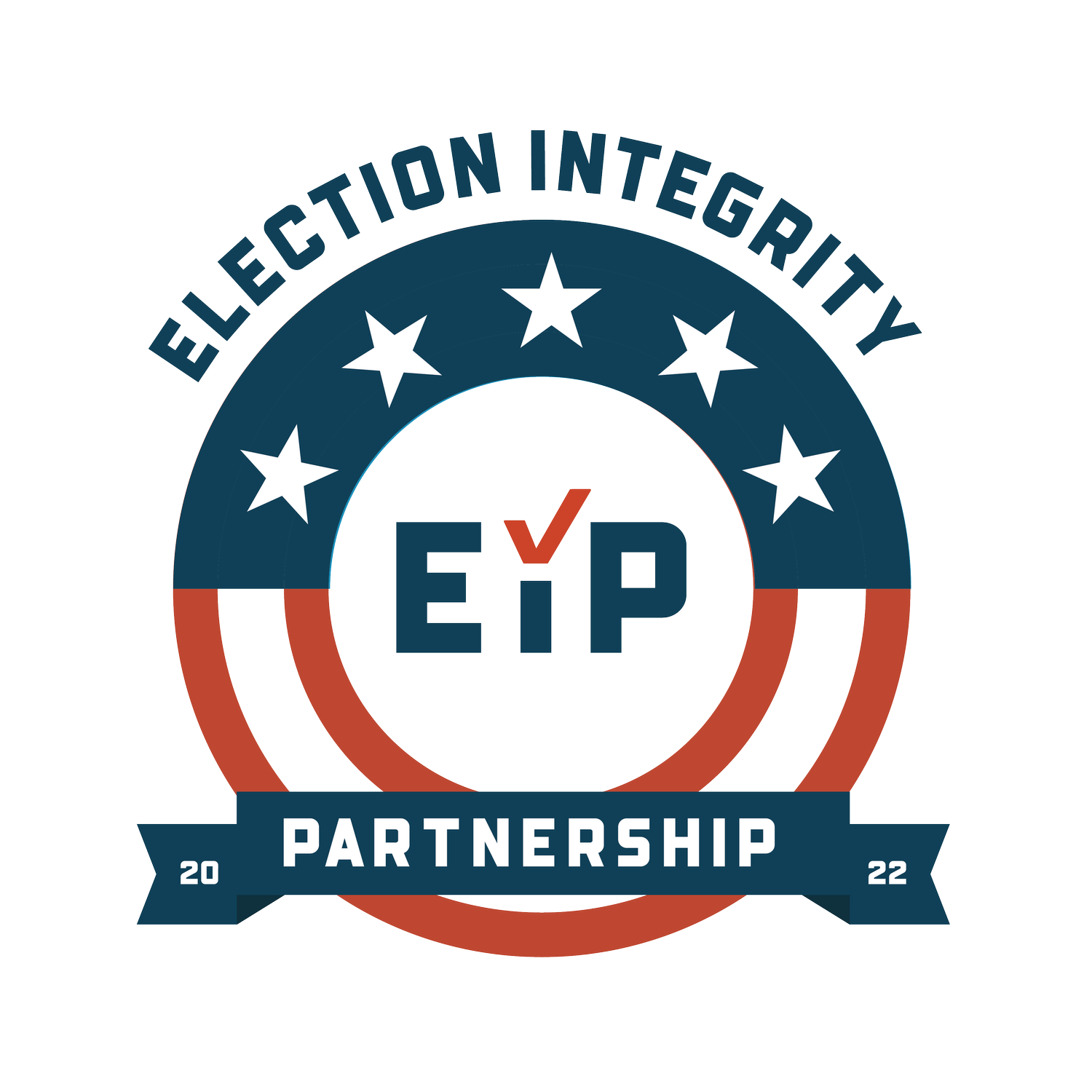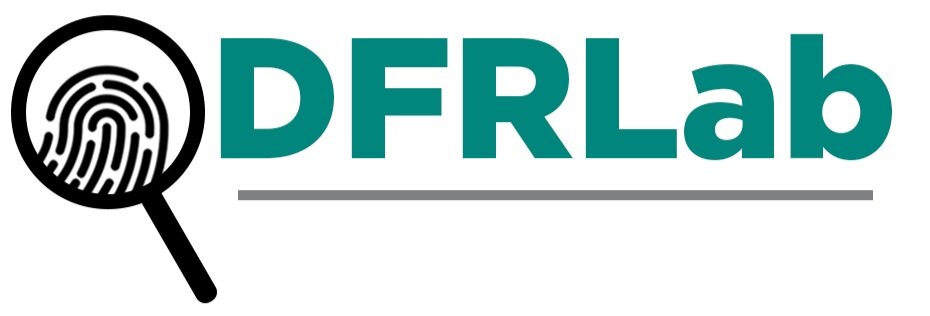The 2020 Election Integrity Partnership
The Election Integrity Partnership (EIP) was formed in July 2020 as a coalition of research entities focused on supporting real-time information exchange between the research community, election officials, government agencies, civil society organizations, and social media platforms.
Our objective was to detect and mitigate the impact of attempts to prevent or deter people from voting or to delegitimize election results. In March 2021 we published our final report. This page displays an archive of the work carried out by the EIP and its partners during the 2020 U.S. election.
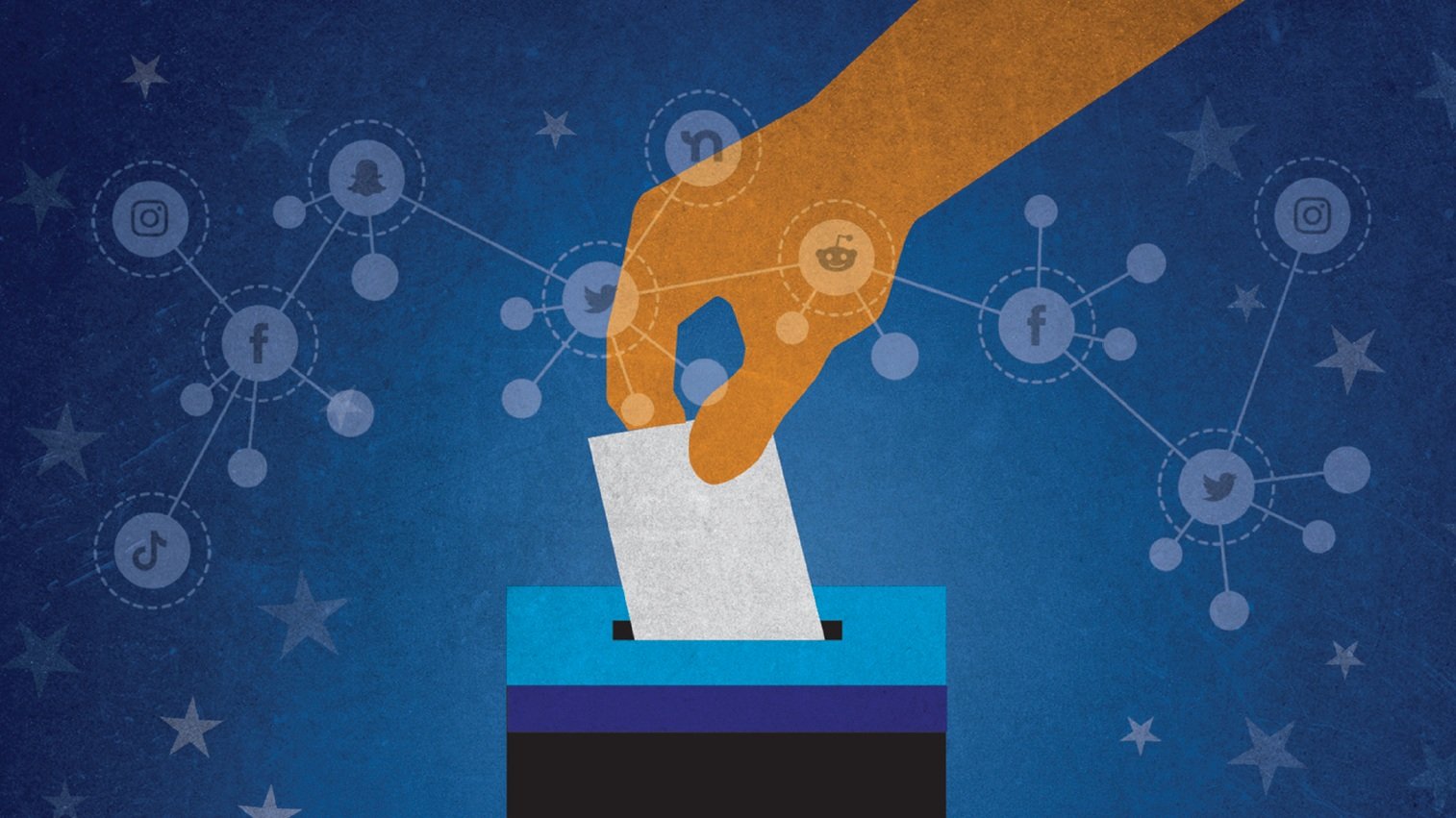
The Final Report.
The Long Fuse: Misinformation and the 2020 Election.
Blog archive.
Blog posts and publications during the 2020 election cycle.
filter by…

Laying the Groundwork: Meta-Narratives and Delegitimization Over Time
Prominent conservative influencers have begun to spread a ‘color revolution’ narrative, which claims that protests (“riots”) and alleged ballot irregularities are evidence that the US is experiencing a deep-state backed color revolution. This is an example of preemptive de-legitimization of election results — it is a meta-narrative that provides a scaffolding on which any ballot or protest can be inflected as another example of a vast conspiracy to overthrow the President or steal the election.
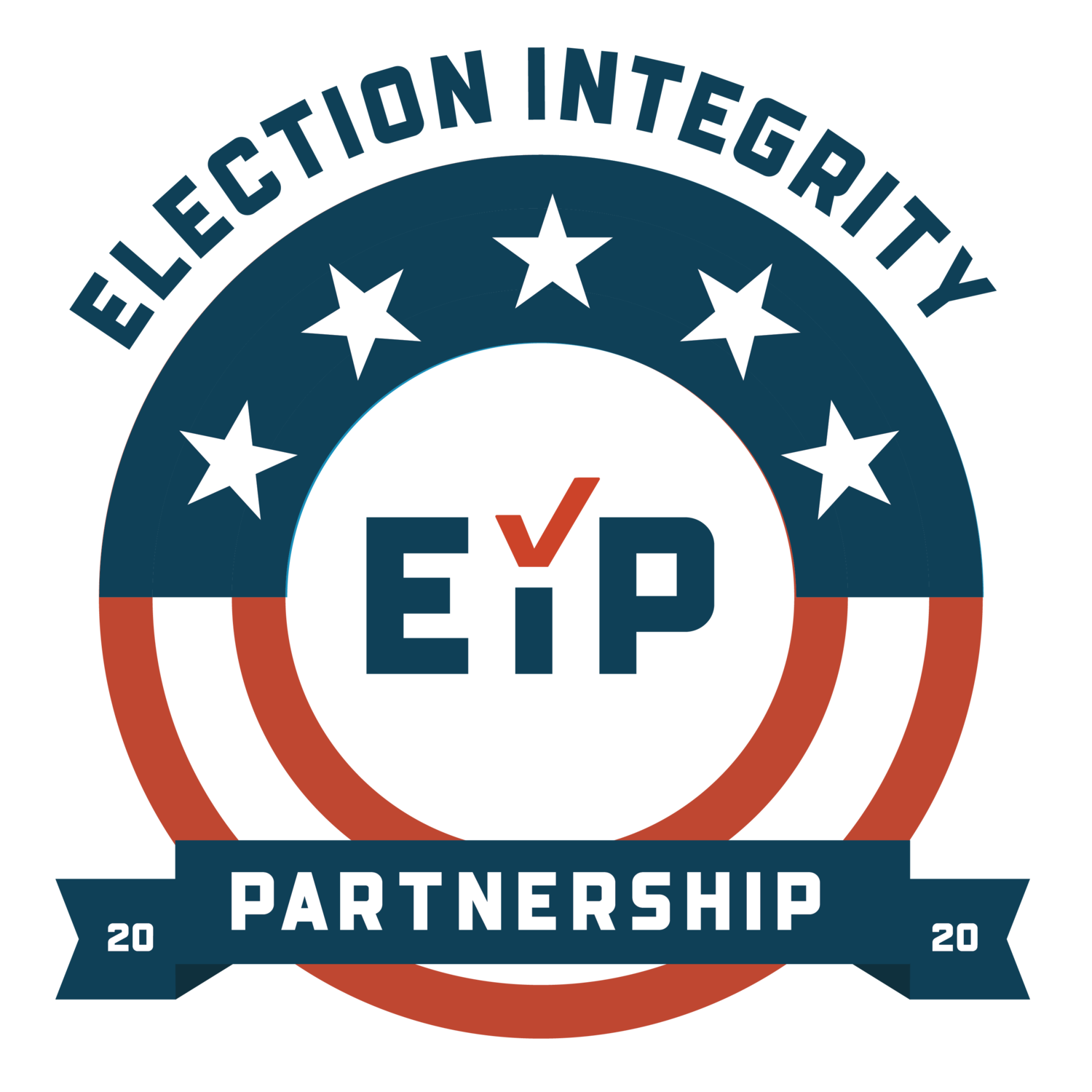
EIP Weekly Update: Oct. 13
On 8:00am PT October 13th, representatives from the Election Integrity Partnership (EIP) hosted the first of weekly public webinars to brief the public on the topics and trends of online election misinformation during this election season.

A Look Into Viral North Macedonian Content Farms
Clickbait operators in the town of Veles in North Macedonia are running a number of websites that target conservative Americans with partisan content copied from American outlets. The websites are gaining significant traffic, especially from what appears to be the operators’ account on Parler, which is a major influencer with hundreds of thousands of followers.


Foreign vs Domestic: An Examination of Amplification in a Ballot Misinformation Story
This post analyzes a recent case of false information around discarded ballots in order to explore the scope and impact of foreign intervention relative to domestic drivers — an important dynamic to understand, particularly as media coverage often disproportionately focuses on instances of foreign interference, which can unduly elevate the assumed influence of foreign adversaries

Inconsistencies in State-Controlled Media Labeling
Thirty days out from the U.S. presidential election, platform policies intended to identify state-media influence operations are quickly evolving. However, there is a significant gap between platforms’ policy language and actual policy implementation. In order to evolve effectively, Facebook, Instagram, Twitter, and YouTube must fully implement terms of use policies governing how, why, and when labels are appended to foreign state-controlled media accounts, pages, and posts. Because of previous state-controlled media involvement in U.S. elections, it is critical that their capacity to create and spread disinformation is diminished to the fullest extent possible.

Project Veritas #BallotHarvesting Amplification
On Sunday night, a right-wing activist group, Project Veritas, released a video alleging illegal ballot harvesting in Minnesota. The video made several falsifiable claims that have either been debunked by subsequent reporting or are without any factual support. As the video calls into question the integrity of the election using misleading or inaccurate information, we determined this video to be a form of election disinformation. While we have reported our findings to the relevant online platforms, this video stands as an interesting example of what a domestic, coordinated elite disinformation campaign looks like in the United States. This post will explore the timeline of how the ideas in this video were initially seeded and then aggressively spread.

Emerging Narratives Around ‘Mail Dumping’ and Election Integrity
On Wednesday, Sept. 23, the hyper-partisan, right-wing news website Gateway Pundit published an article stating that a batch of mail — including absentee ballots — had been found in a ditch in Greenville, Wisconsin. The article, which borrowed heavily from local media for factual details about the actual incident, falsely framed the situation as evidence that Democrats were “stealing the 2020 election.” (There is no evidence that the incident was politically motivated, that it is part of a pattern or strategy, or that it will have any effect on the election.) The false framing built upon and amplified existing narratives that mail-in voting is untrustworthy and other unfounded claims that there will be widespread fraud in the 2020 U.S. election.
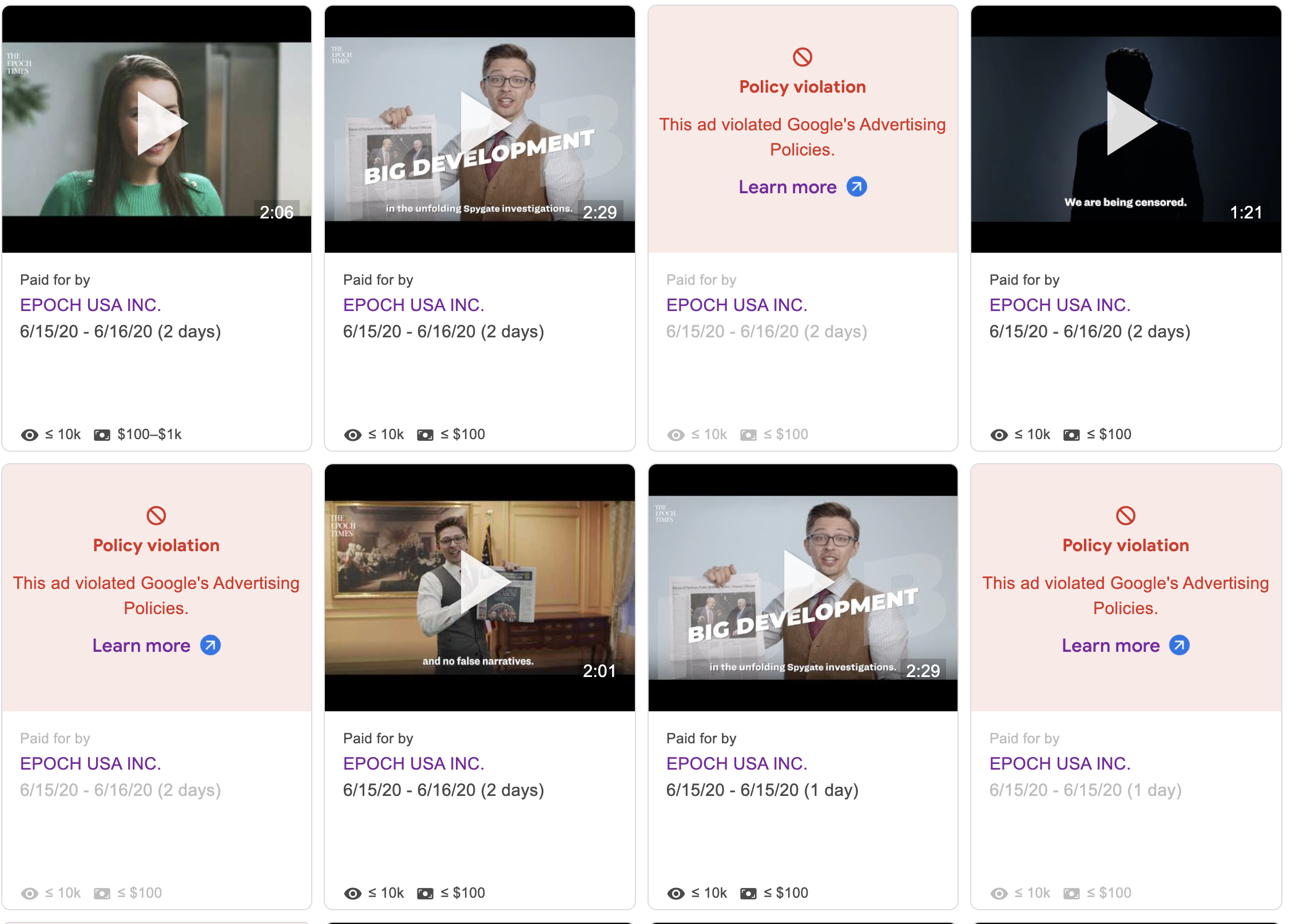
Evaluating Transparency in Platform Political Advertising Policies
This blog post builds on the foundational work of other scholars to focus specifically on three key components of digital political advertising: the review process for political ads, platforms’ transparency for information about those ads, and unique loopholes for different types of speakers running political ads. Regarding the last component, recent investigations by EIP have found loopholes in Google’s advertising policy that are cause for concern. We end with a series of recommendations to help address some gaps we highlight in our analysis.

Our First 2 Weeks at the Election Integrity Partnership
The Election Integrity Partnership brought together four organizations, all with extensive experience in the study of online disinformation, to provide real-time detection, analysis and mitigation of election-related misinformation and disinformation. After a summer of preparation, hiring and training, the EIP began its full operational schedule on Tuesday, Sept. 8. Every few weeks, we will be posting a summary of our work to highlight major publications as well as notable narrative trends.

Examining Twitter’s policy against election-related misinformation in action
On the morning of August 23, 2020, President Trump tweeted misleading information about mail-in voting and ballot drop-off boxes. The claims in the tweet violated Twitter’s relatively new Civic integrity policy, and the platform took action on his post. In this data-driven post we first examine the tweet’s propagation through Twitter and the effect of the platform’s response — in this case, adding a label and disabling the ability to retweet the content. We then discuss how the elements of Trump’s tweets violated Twitter’s policies and break the tweet down against 4 key categories of election integrity.

